Emma
At 34 Emma was healthy and pregnant with her second child. On April 27th, she delivered him by c-section. Within 24hours Emma’s abdomen began to swell and when clinicians reopened her surgical wound, they discovered a perforated bowel. Part of…
At 34 Emma was healthy and pregnant with her second child. On April 27th, she delivered him by c-section. Within 24hours Emma’s abdomen began to swell and when clinicians reopened her surgical wound, they discovered a perforated bowel. Part of…
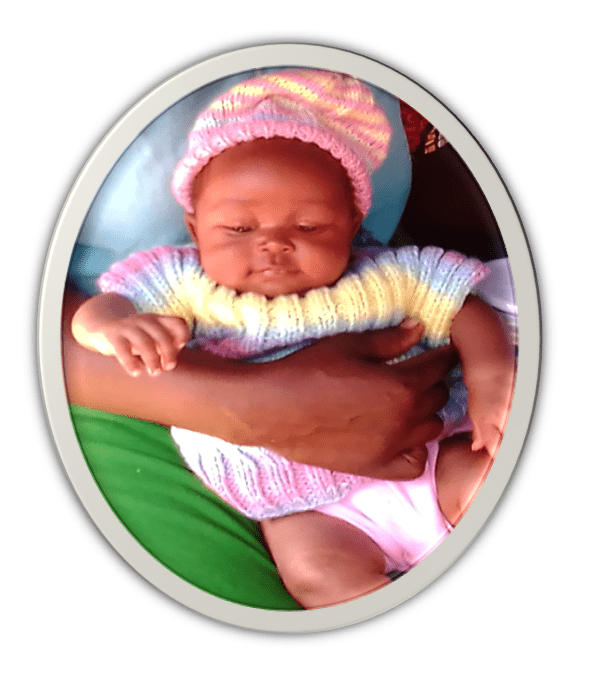
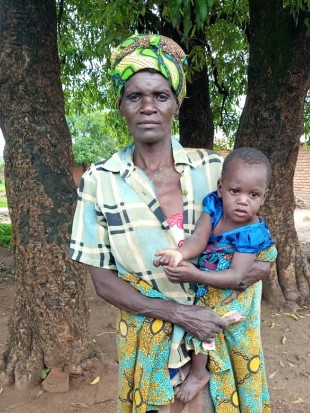
Tiyamike is 15months old. She was born prematurely on October 19th 2017 weighing just over 4lbs. Her 22 year old mother hemorrhaged after her delivery and died the same day. As her mother’s body was loaded into a vehicle to…

Takindwa’s mom started her labor at the District Hospital in Malawi. She had had a previous cesarean section so it was important that she labor at a hospital with an operating room. Many women in Malawi labor in rural area…
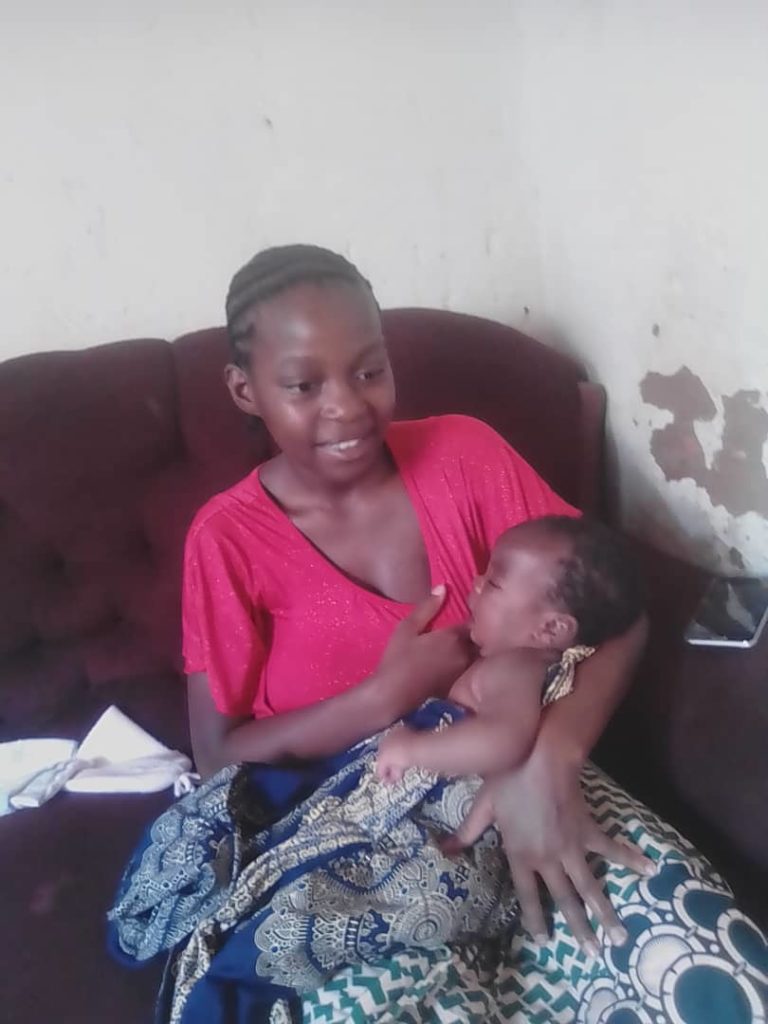
Niya is only 16 years old, but several weeks after the birth of her first baby she had surgery for a total hysterectomy. Niya took care of herself during her pregnancy and grew a 8lb 9oz baby. Unfortunately her baby…

Faith was born January 28, 2018. Her birth was uneventful and the next day her 23-year-old mother, Salimba, took her home to meet the rest of the family. On February 14th Salimba became ill. Her family says her face and…
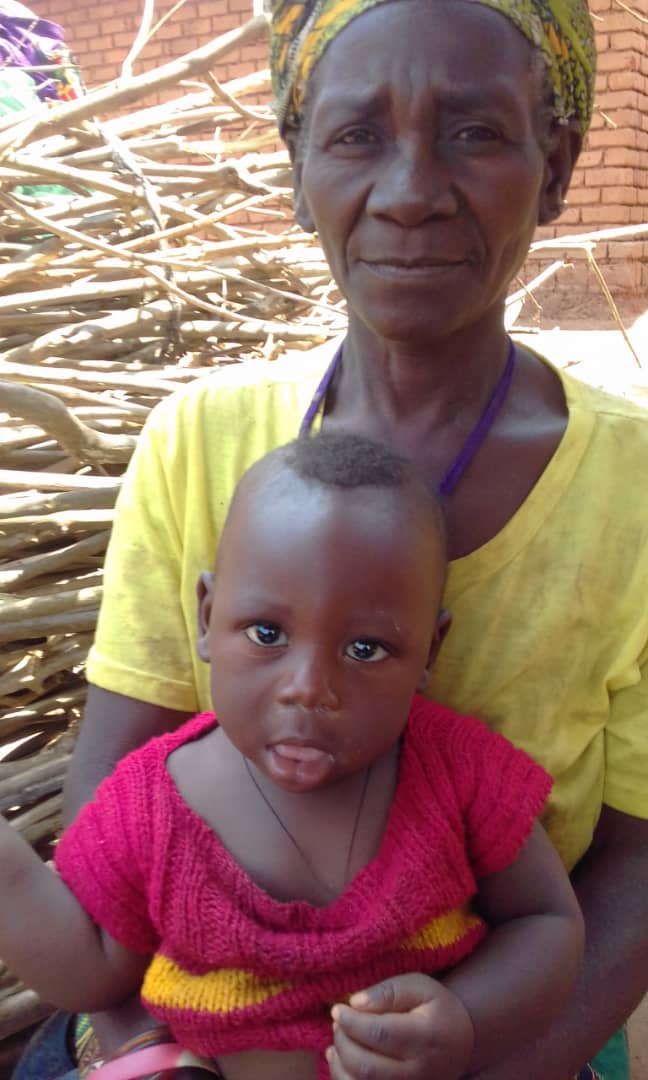
In the face of this beautiful woman you can see lines of grief, determination, and quiet joy. She is holding her grandson Precious who was born on the day her daughter died. Her daughter delivered Precious and then as she…
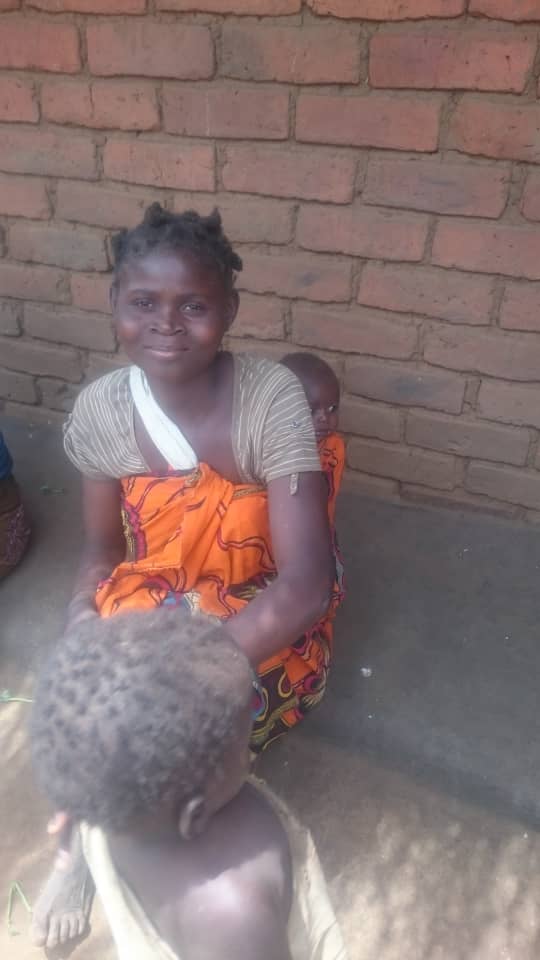
Nineteen year-old Juliet was nearing the end of her pregnancy. She had gone for her prenatal visits at the Mitudu health center, she had taken the antimalarial medications as instructed by the midwife, had the necessary blood work, and regular…